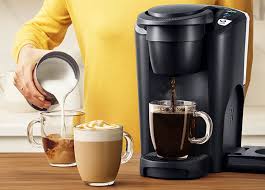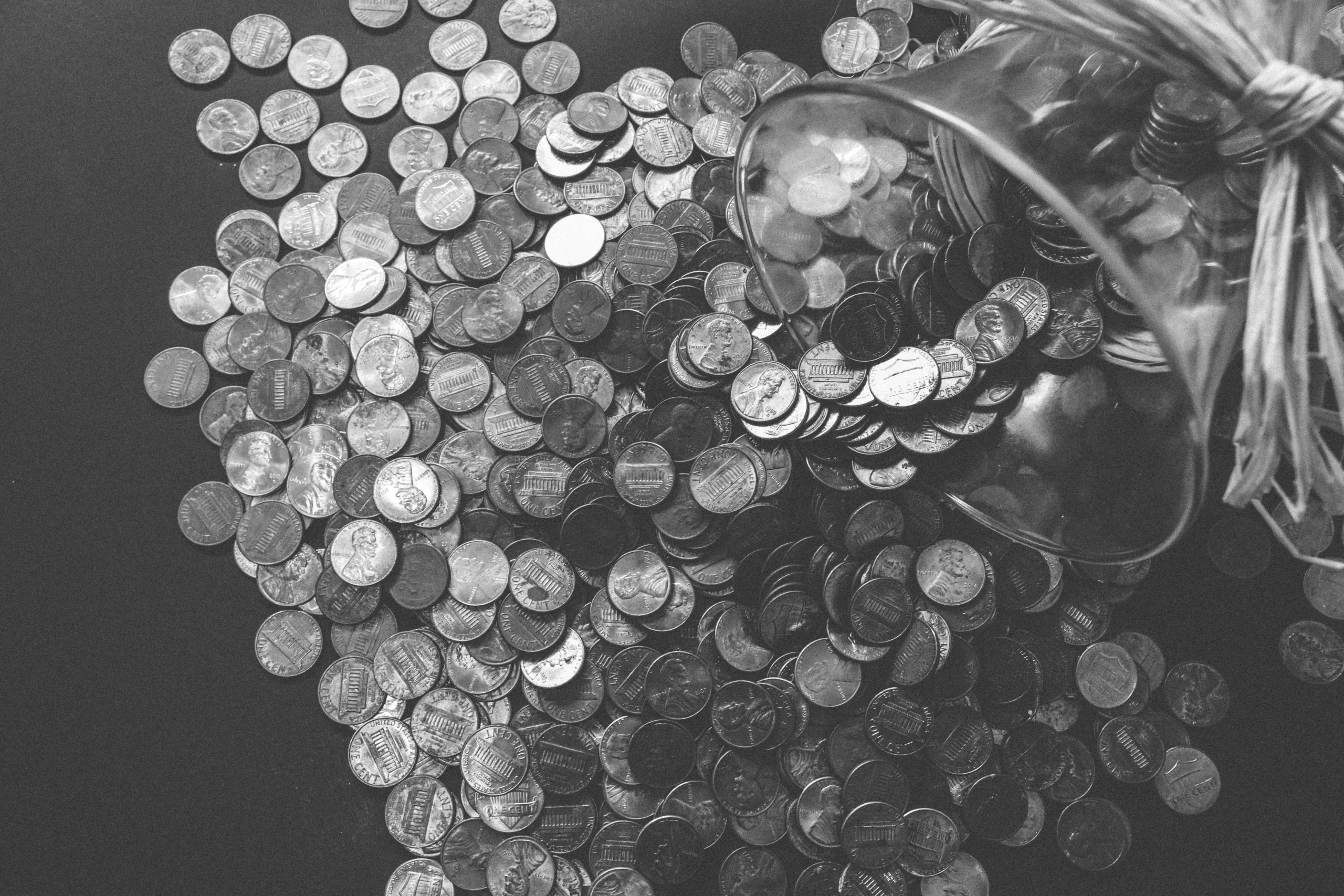Every Little Bit of Savings Adds Up
Living on a budget can be the key to financial freedom, but getting started can be a little frustrating. I am gong to share with you the 7 tips to save more money that I wish I had known earlier.
When we look at our expenses and see all of those bills we pay every month, it’s easy to throw our hands up and say Damn! But what about all those little expenses we incur? You might be surprised to find out just how much they amount to.
Cutting Back a Little Adds Up To a Lot
It’s easy to dismiss cutting back on little things. A few dollars a month won’t make a significant difference in the big picture. But a few dollars here and a few dollars there adds up to a few more dollars.
When you cut back in a lot of small ways, you could end up with a lot more money at the end of the month.
#1 Waste Not, Want Not

One thing we can do that is good for the budget is stop wasting so much. This can apply to many areas in our lives. From eating to home heating, to recycling, to using less water, waste equals money going down the drain unnecessarily.
#2 Cooking

Cooking for the family instead of eating takeout or dining out is a great way to save money. But if you’re throwing food out, the benefit is reduced. So if you have leftovers, don’t let them end up in the trash.
Some dishes freeze well, and this makes for easy dinners when you don’t have time to cook. You could also eat dinner leftovers for lunch the following day. It is often healthier to eat your own cooked foods anyway
#3 Improve Your Home Insulation
If your home is not well insulated, you’re probably wasting lots of money on home heating and especially cooling. Insulating will cost some money up front, but it will pay for itself quickly and you’ll be more comfortable in your home.
If you have drafts around windows and doors, weatherstripping can help maintain the temperature of your home. Your local power company has special equipment and can test your home for efficiency.
#4 Be Conscious of you Electric Use
Most households waste an unbelievable amounts of electricity. This can be prevented in part by using energy efficient appliances and light bulbs.
Turn lights, televisions, computers and other devices off when you’re not using them, and open blinds to take advantage of the sun’s light during the day. Also, set your refrigerator to 50-75% of the full setting.
#5 Do Yourself a Favor: Do It Yourself

Any time you pay someone else to do something that you could do yourself, you’re spending money unnecessarily. Learn how to do things yourself.
This applies to little things like buying coffee instead of making your own, as well as to larger expenses such as home repairs.
Things like carpet cleaning, oil changes, cleaning and ironing your own clothes, packing lunches-all add up!
#6 Starbucks, Peets, or Home Brew?

Many of us buy coffee or a soft drink from a convenience store or coffee shop on the way to work in the morning.
This can really add up over time. Instead, make your own coffee, or buy water in gallon bottles and pour some into a smaller bottles or cup to take with you.
The same applies to lunches. Instead of springing for fast food, take a sandwich or something microwavable to work.
#7 Do Your Own Home and Auto Repairs

While we’re not all good at all types of repairs and maintenance, most of us can do some things for ourselves. Maybe you could change your own oil instead of paying someone else to do it.
If the walls need painting, consider getting friends and family to help you do it instead of hiring a painter. Things like these can save us a noticeable amount of money right away.
When you add up the savings, little things can make a big difference to the budget.
So take a close look at your budget and see what small expenses are lurking there. Implement the 7 tips to save more money and watch your bank account swell. If you can eliminate or reduce many of your bills, it could positively impact your bottom line in a big way.

